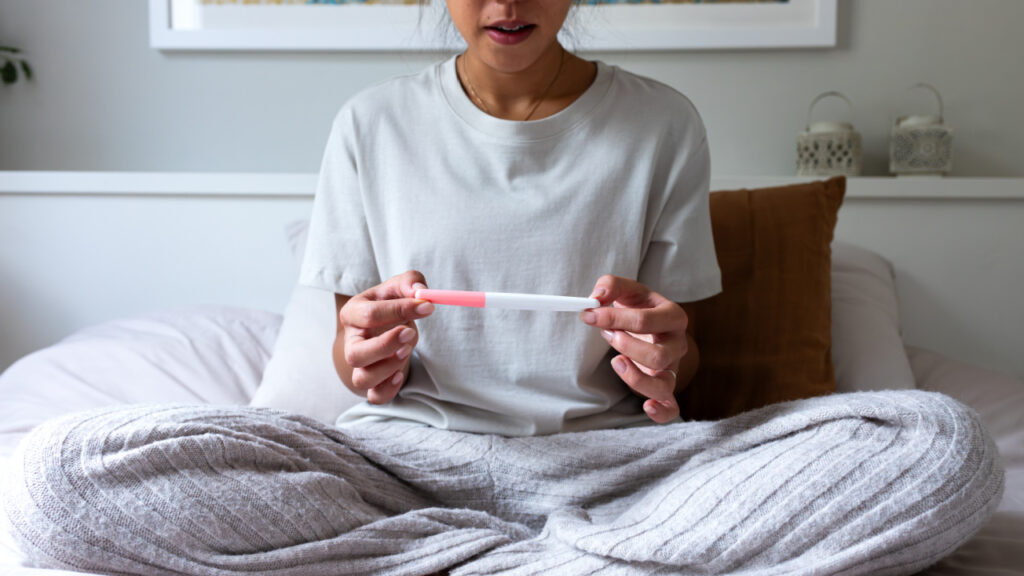
Busting Tanning Myths: A Latina’s Guide to Sun Protection
When summer arrives, we automatically think of one thing: tanning. Silly social pressures make us hesitate to show off our white legs just when everyone else is parading around with a tan that seems to have appeared overnight.
Then we try all the products we are bombarded with, like tanning beds and sprays. Or we simply run out into the sun for long periods of time to see if we can get the effect as quickly as possible.
But is this really healthy, and how can we Latinas take care of our skin during the summer? We asked Denisse Serrano, Physician Assistant, and Aesthetic Medicine Expert, these and other questions to make the best decisions for our skin this summer.
First of all, what is true and what is false?
Denisse Serrano has been working in aesthetic medicine for years. After graduating from Rutgers University, she worked as a physician assistant for eight years. Today, she is a leader in the field, lectures nationally, and works for the creators of Botox Cosmetic. Who better than her to answer our questions?
“There are many misconceptions about skin health in the Hispanic community, such as that tanning beds are safe, that we don’t get sunburned, or that we are at risk for skin cancer,” Denisse told FIERCE. “Another misconception is that wrinkles and brown spots are a rare occurrence in darker skin types. In reality, it is just as common, and sun protection is just as important to prevent these adverse effects.”
For the specialist, raising community awareness of this problem is crucial. “Language barriers, acculturation, and lack of access to healthcare often lead to a lack of preventive action, ignoring symptoms and delaying diagnosis,” she added.
Why do these myths persist in the Latino community?
In the United States, while 18.5% of Americans are Latino, only 4.2% of dermatologists identify themselves as Latino. This disparity, coupled with general misinformation, makes us less aware of our particularities. In fact, skin conditions such as atopic dermatitis and alopecia disproportionately affect the Latino population.
If we add to this the bad habit of not protecting ourselves from the sun, the consequences are serious.
“There are a significant number of people in the U.S. who do not have correct information about the risks of not protecting themselves from the sun,” Denisse told us. “When it comes to sun protection, information tends to focus more on preventing skin aging. However, not enough is said about how harmful sunburn is and the large number of cases of skin cancer that exist in the country.”
Another important myth for the specialist is that many Latinos think applying sunscreen several times a day is not “convenient.”
“Although sometimes we forget or it is annoying, there are many low-cost options in different presentations (cream, stick, spray, etc.) that help people find the option that best suits their needs and preferences,” she added.
How can Latinas protect their skin from the sun?
For Denisse Serrano, the first thing is to use vitamin C and hyaluronic acid serums all year round. This helps “enhance the efficacy of sunscreen while keeping your skin supple and young.”
Also, whether it is summer or not, we must take care of the sun’s rays. Here are some of the measures Denisse recommends using every day of the year:
Make sure the sunscreen or sunscreen of your choice states ‘broad spectrum’ SPF 30 or higher
When outdoors, you should apply SPF every 2 to 3 hours. Tinted sunscreens contain iron oxides, an important ingredient that helps protect against blue light screens from technology and television.
If you play in the water, you should apply SPF immediately before and after swimming unless the sunscreen is labeled water-resistant.
Likewise, remember to wear clothing that protects as much skin as possible—don’t forget to seek shelter in the shade whenever possible!
Remember to use sunscreen even if you are indoors
On the other hand, many people forget to cover all the skin on their face, neck, and ears or rely on sunscreen as part of some makeup products.
Instead, apply sunscreen all over your face before applying makeup evenly to the areas around your face.
Denisse recommends Eucerin Sun Sensitive Colored Mineral Face Lotion. “[It] blends perfectly into the skin and allows for a seamless daily makeup routine,” she says.
Finally, remember that even if you’re indoors, the sun’s rays pass through windows and reach your skin. “That’s why it’s very important to use sun protection every day, even if we’re not going out of the house,” concludes Denisse.




